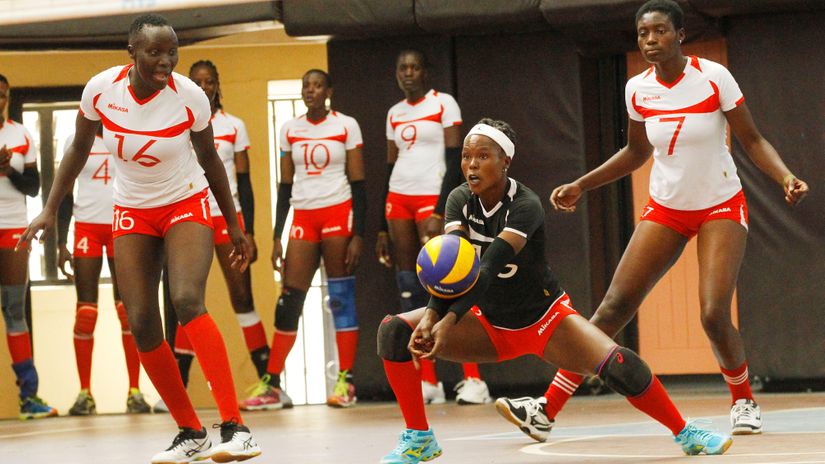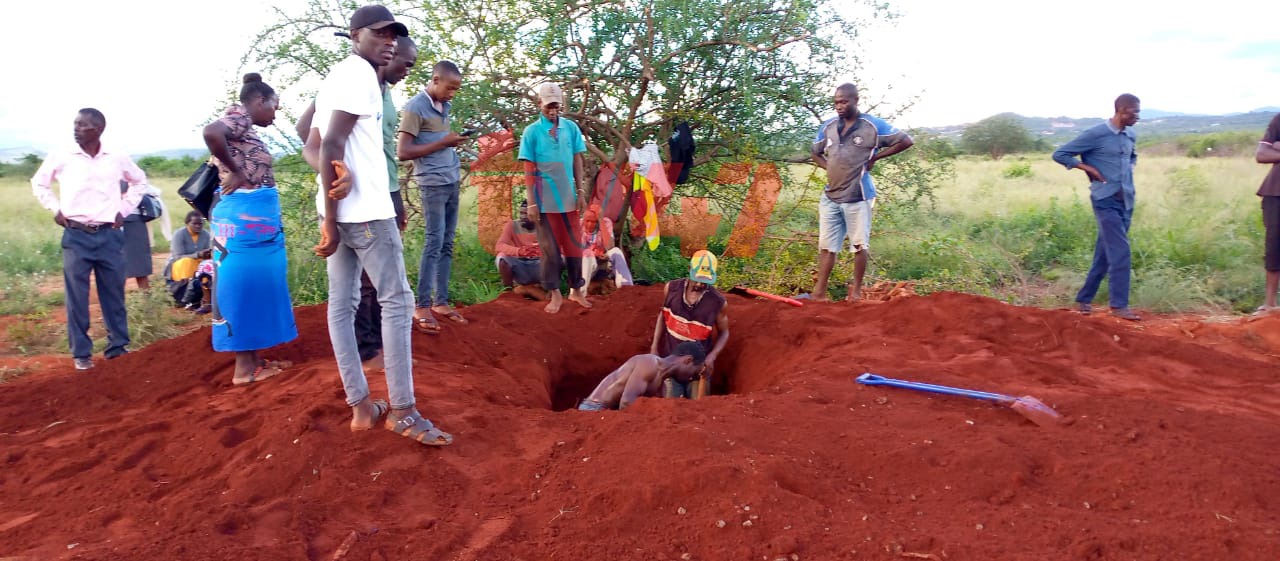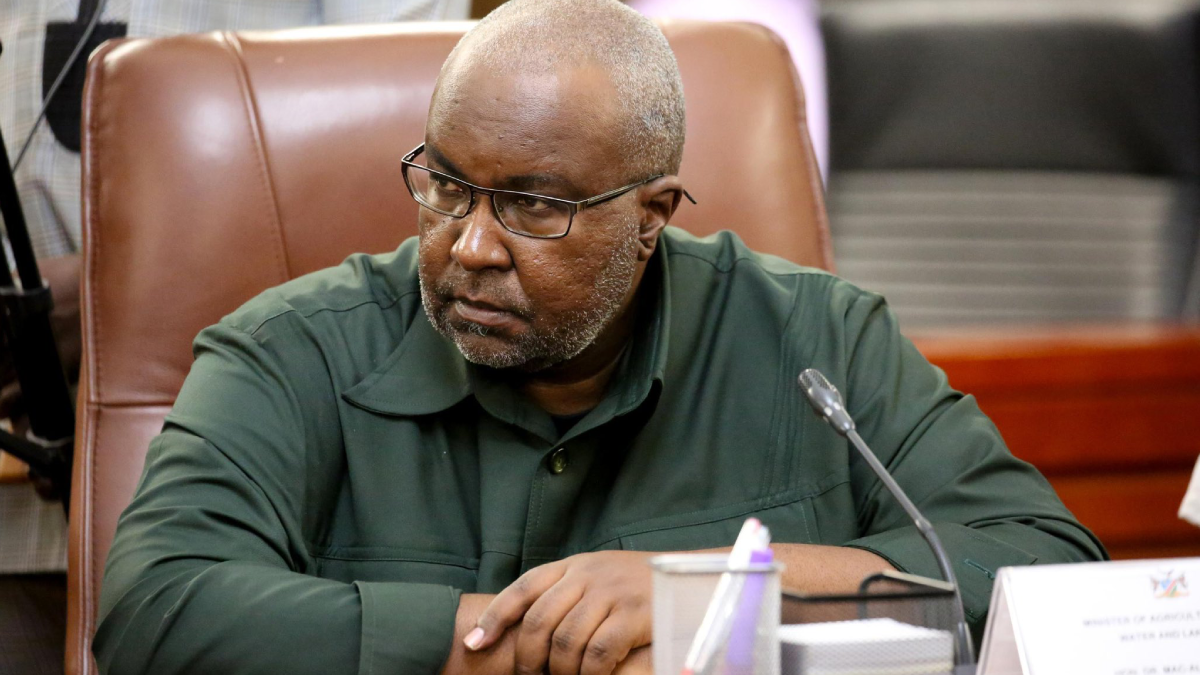Forensic experts have revealed that despite Diego Maradona’s well-documented history of substance abuse, no traces of drugs or alcohol were found in his system at the time of his death in November 2020.
These findings emerged during the trial of seven healthcare professionals accused of negligent homicide, with prosecutors arguing that they failed to provide adequate medical care for the football legend.
Forensic expert Alejandro Ezequiel Vega testified that Maradona’s heart was abnormally large, weighing 503 grams, nearly twice the normal size of 250-300 grams.
The examination further revealed that Maradona suffered from long-standing ischemia, a condition marked by a lack of blood flow and oxygen supply to the heart.
The autopsy concluded that Maradona died from acute pulmonary edema secondary to congestive heart failure.
It was also discovered that he suffered from liver cirrhosis and kidney dysfunction, which impaired oxygen distribution in his body.
Maradona, who led Argentina to World Cup glory in 1986, passed away at the age of 60 in his Buenos Aires home, just days after undergoing brain surgery to remove a hematoma.
The seven defendants in the trial include a neurosurgeon, psychiatrist, psychologist, and several doctors and nurses who were responsible for Maradona’s care.
Prosecutors argue that their alleged negligence may have led to his premature death.
Among those on trial is Leopoldo Luque, Maradona’s personal physician during his final years, and psychiatrist Agustina Cosachov, who prescribed his medications until his passing.
As the trial continues, the prosecution aims to determine whether the medical team’s actions or inactions contributed to Maradona’s tragic demise.
ALSO READ: Maradona’s medical team faces trial: Seven medics accused of negligence in Football legend’s death












